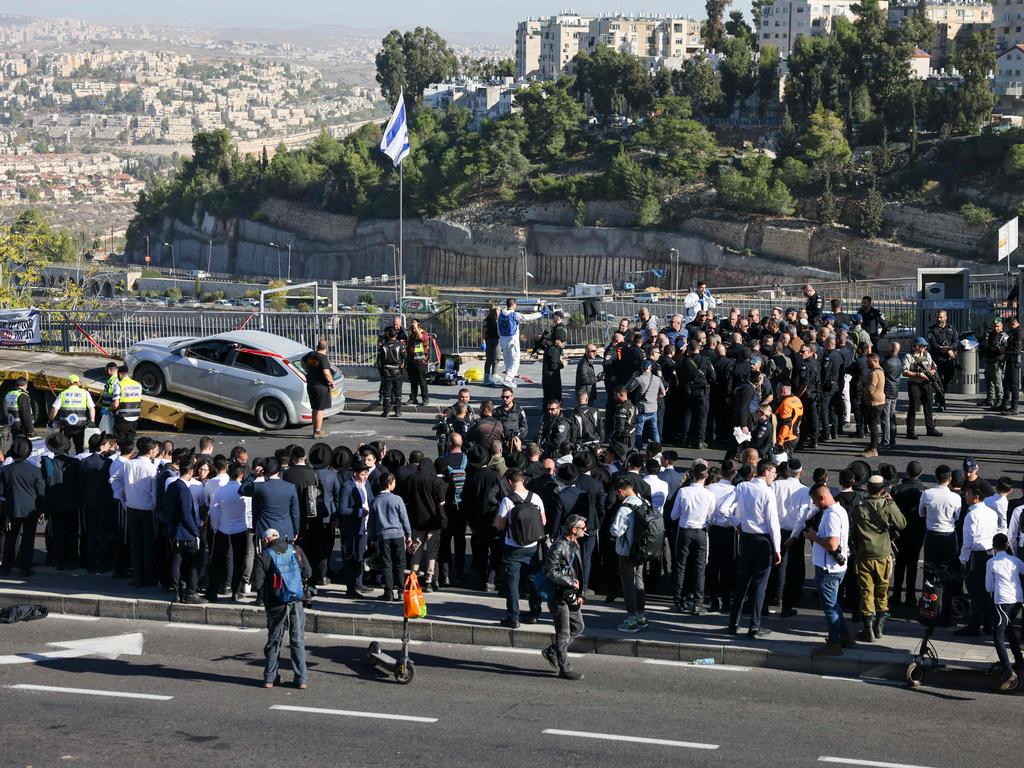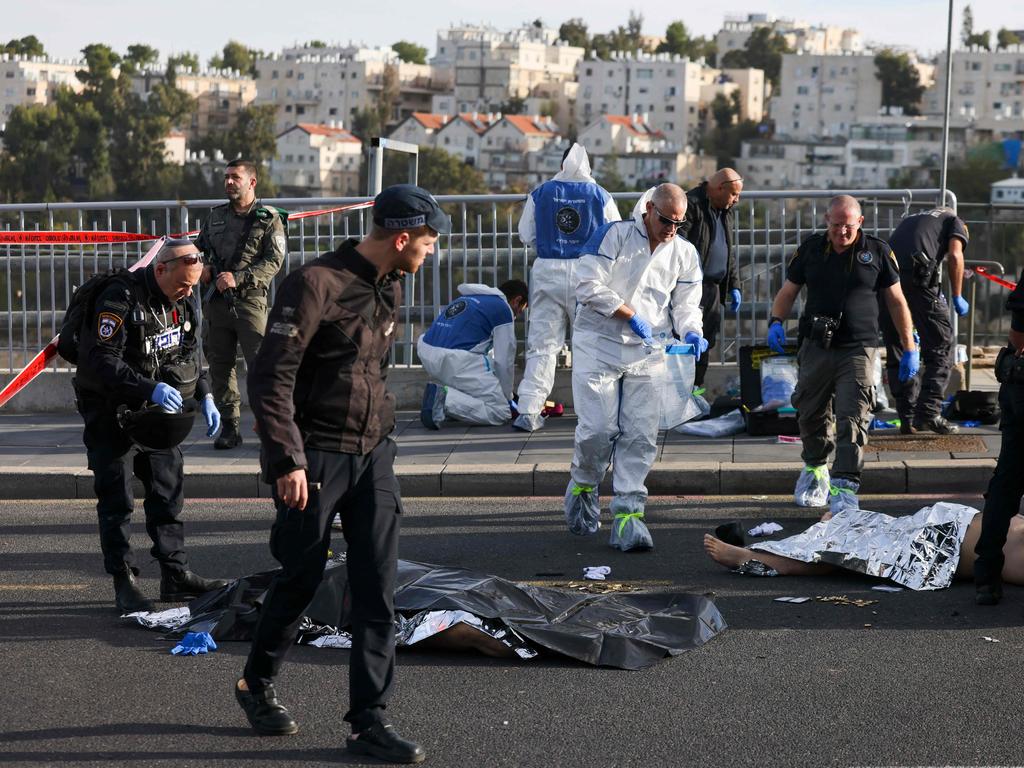
Gunmen unleashed terror near a bus stop on the western side of Jerusalem, claiming three lives and leaving several others injured. The assailants, hailing from annexed east Jerusalem, were armed with an M-16 and a pistol. Their rampage was cut short by the swift response of two off-duty IDF soldiers and a civilian, neutralizing the attackers on the scene. A subsequent police search of the assailants’ car uncovered a cache of ammunition and weaponry, painting a grim picture of the attackers’ intent. Among the wounded, three individuals are reported to be in serious condition, underscoring the severity of the incident.

The timing of the attack is particularly disconcerting, occurring shortly after an extension of the truce in the Israel-Hamas war. This extension was a glimmer of hope in a conflict that has wreaked havoc and claimed numerous lives. The war was triggered by Hamas militants crossing the Gaza border, resulting in 1,200 deaths, predominantly civilians, and approximately 240 kidnappings, according to Israeli officials. In response, Israel launched a relentless air and ground offensive, causing widespread destruction in Gaza and claiming nearly 15,000 lives, the majority being civilians.

The aftermath of the conflict has witnessed an alarming uptick in violence, not only in the Gaza Strip but also in east Jerusalem and the occupied West Bank. This latest attack adds to a series of incidents that have intensified tensions in the region. It is a grim reminder that despite diplomatic efforts and truce extensions, the underlying issues remain unresolved, and the risk of violence persists.
The 24-year-old woman among the fatalities serves as a poignant symbol of the human cost of such conflicts. As the international community grapples with finding a lasting solution to the Israel-Hamas conflict, incidents like these underscore the urgency of addressing the root causes and working towards a comprehensive and enduring peace in the region. The complexities of the geopolitical landscape demand a nuanced and collaborative approach to prevent further loss of life and ensure a more stable future for all involved parties.
